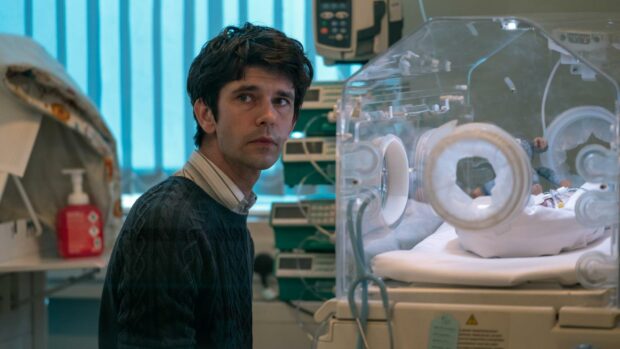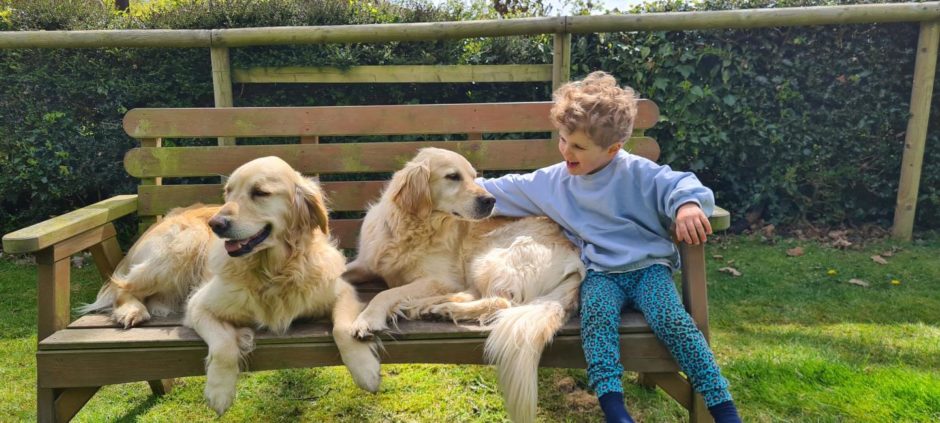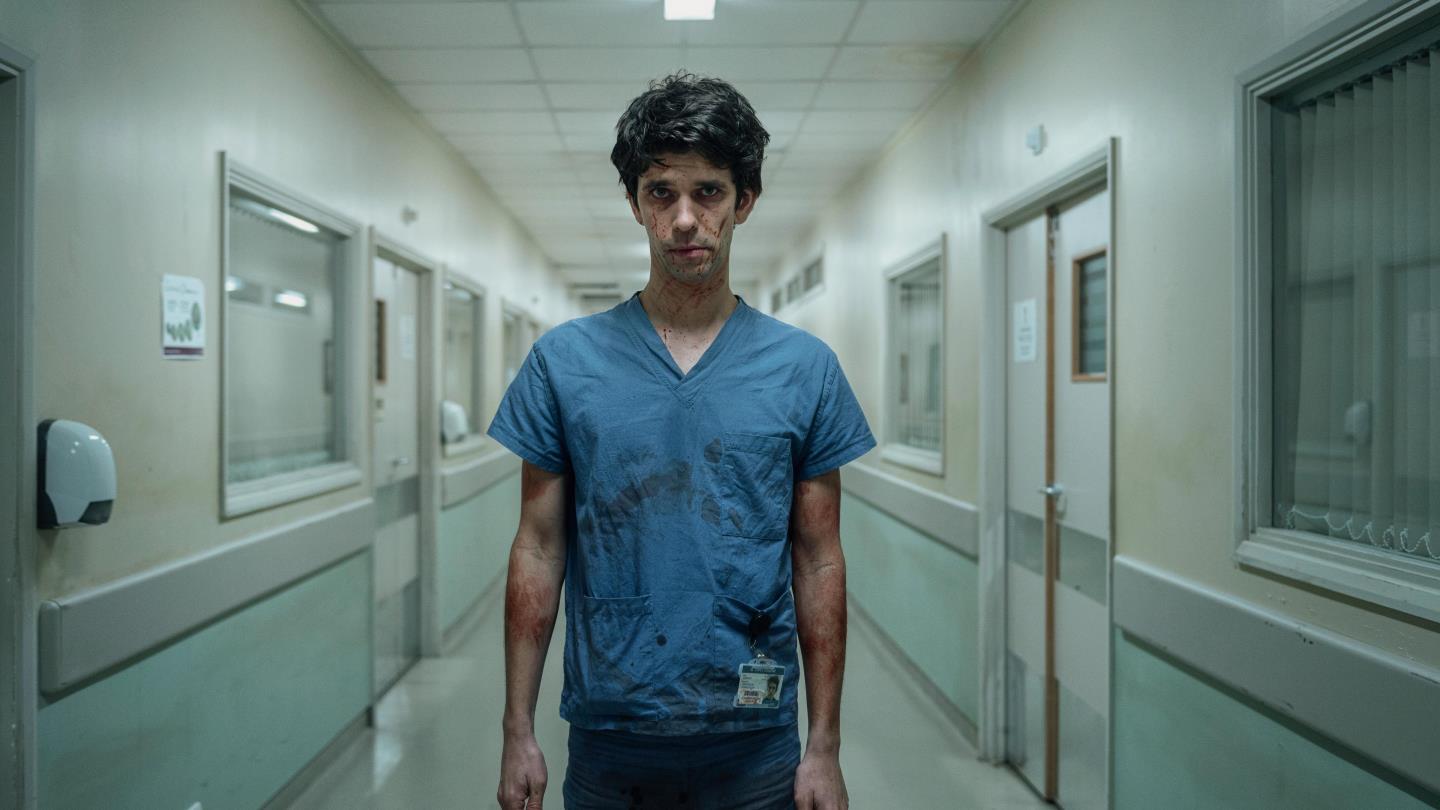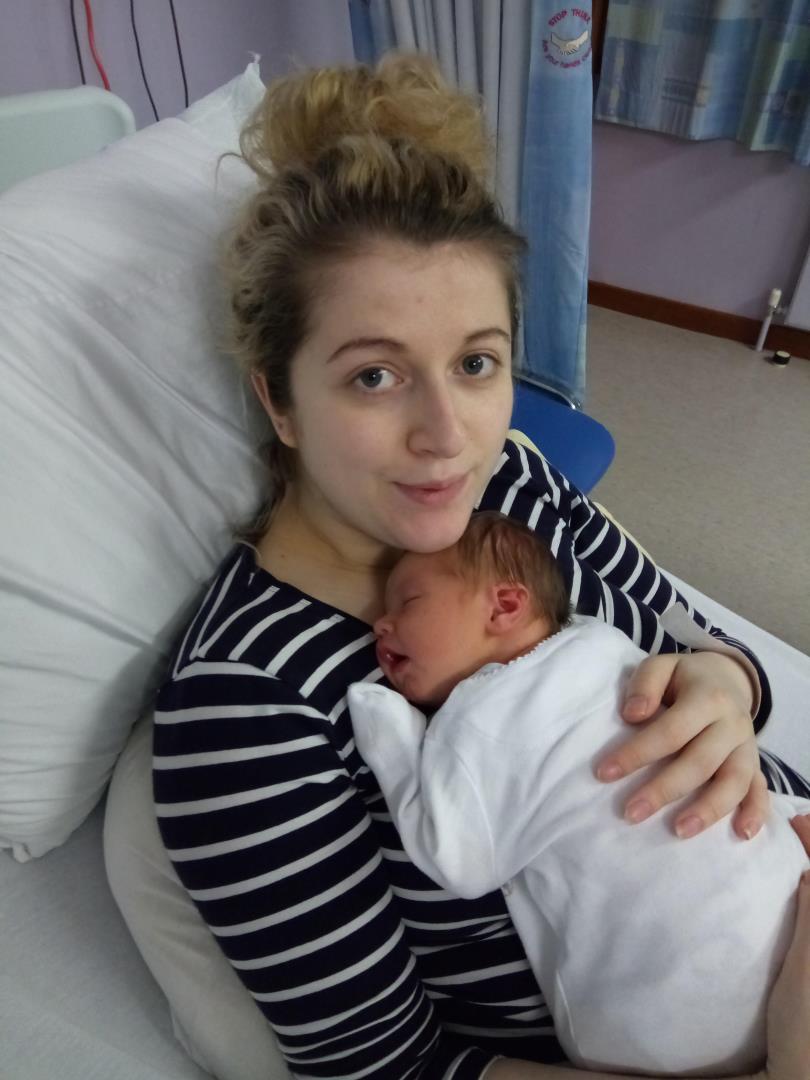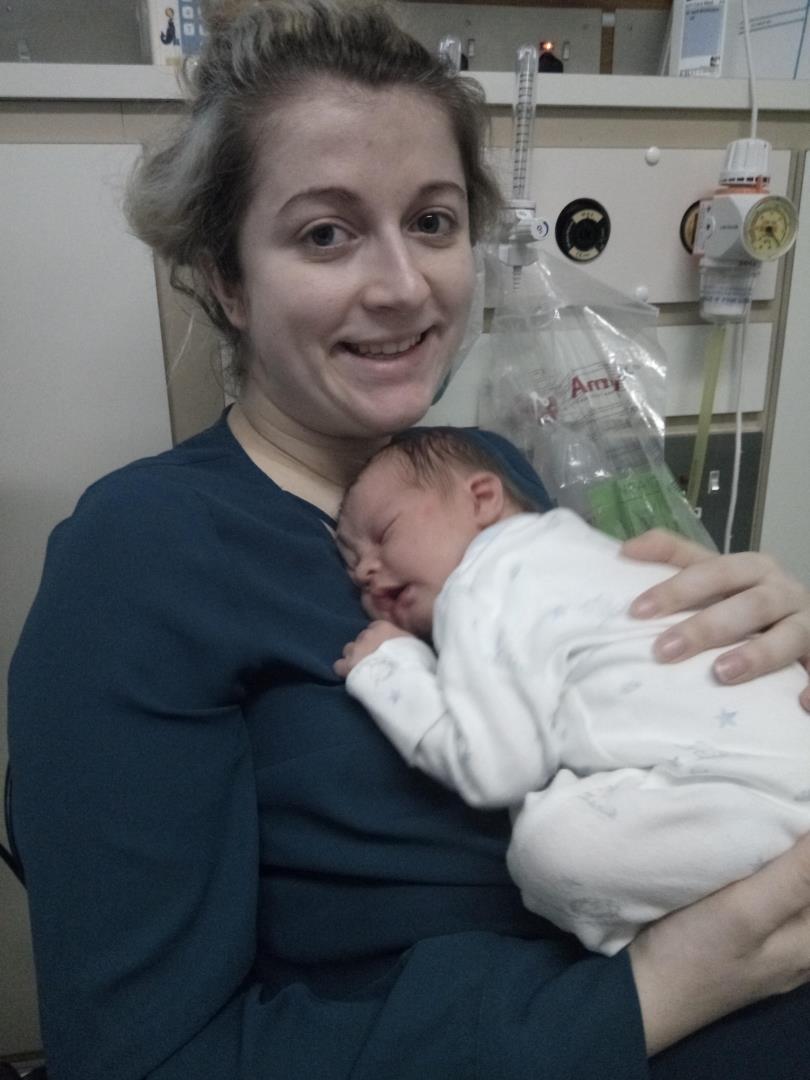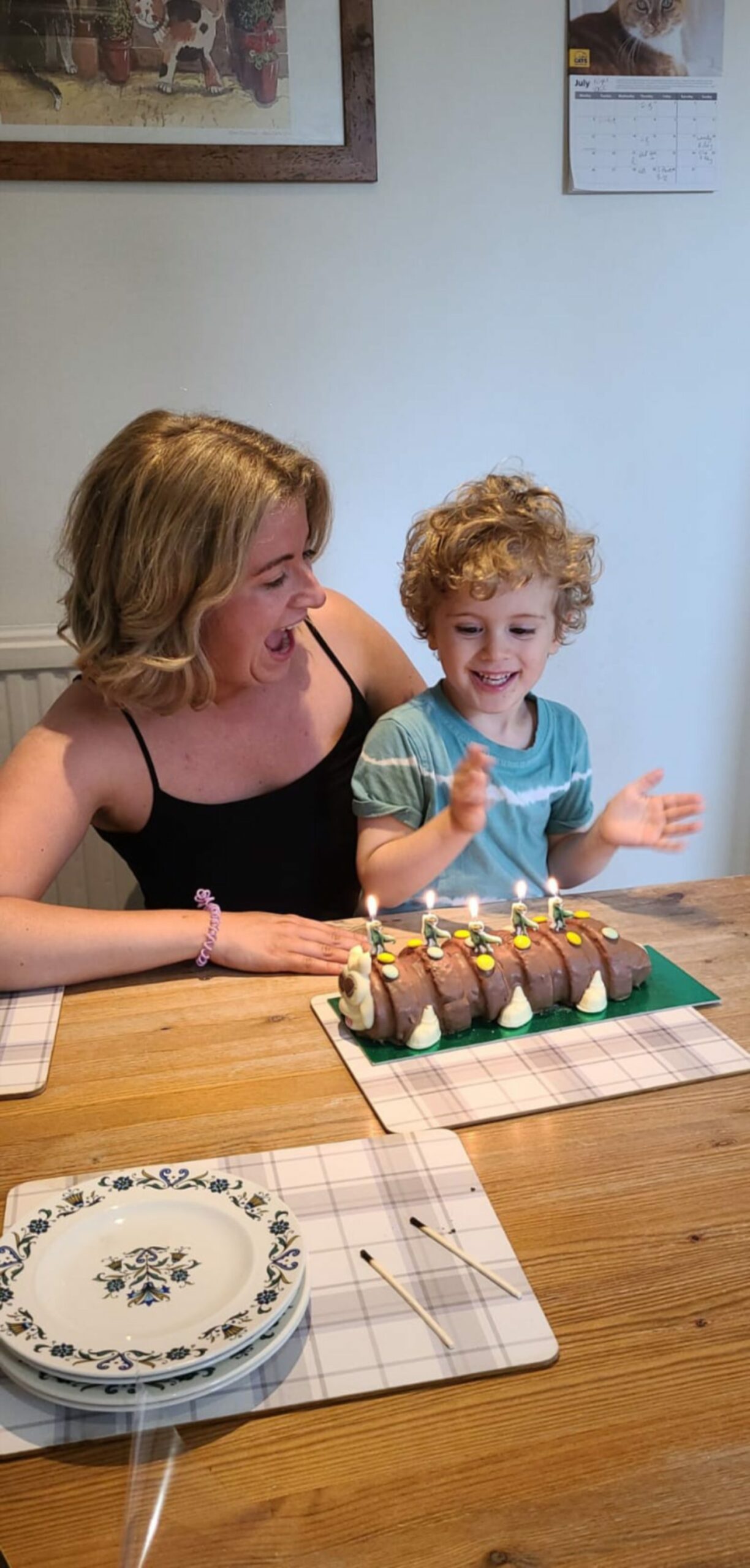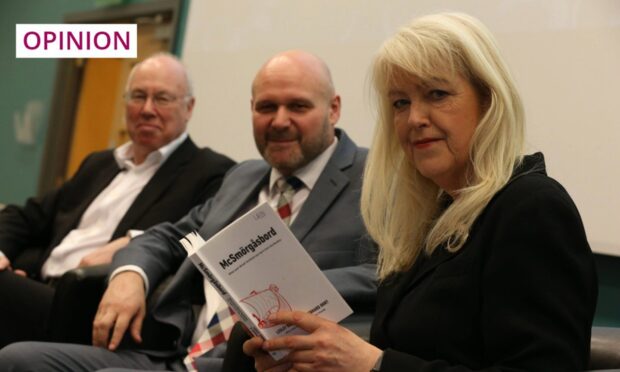“Your baby is not breathing.”
The words which any parent dreads, and certainly not the statement you expect after you have just given birth.
I lay there, still in stirrups, and let out a guttural cry.
My attempts to lever myself off my elbows were pointless, because the epidural administered several hours before meant my legs were completely useless.
Numerous people filled the room, and I kept asking for my baby. This wasn’t how it was supposed to go.
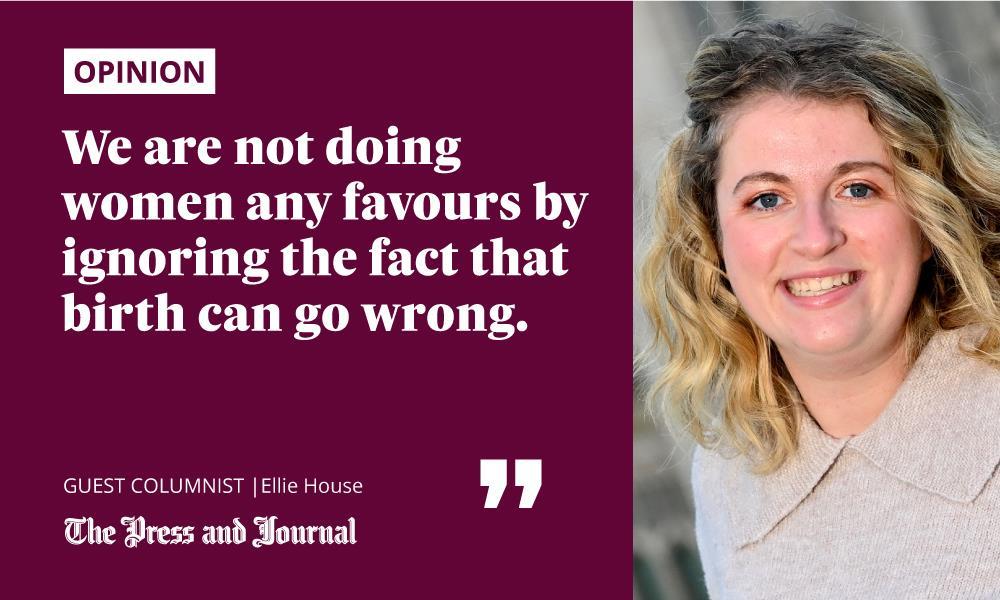
This was no serene water birth, tealights gently flickering as I clutched my newborn to my chest, awash with love and awe.
I had held my son for mere seconds before panic ensued, and attempts to resuscitate him were made outside the room.
The expectant cot lay empty as far more specialist equipment was wheeled in, and a woman’s face came into focus. “He’s going to be OK, but we need to take your baby to intensive care,” she said.
Watching This Is Going To Hurt validated my own birth experience
My son is now approaching his fourth birthday. He is full of fun, curiosity and bears no resemblance to the tiny bundle which battled for breath.
I no longer stand and watch over his cot, exhausted and full of fear that his little chest will stop rising.
When I sat down and watched BBC drama, This Is Going To Hurt, based on the experiences of junior doctor, Adam Kay, I finally felt validated.
Is it sensationalist? Of course – uneventful births don’t make for good TV. But does the comedy drama deserve the recent onslaught of criticism? Hell no
The opening scenes see an umbilical cord prolapse, followed by a baby born prematurely due to undiagnosed pre-eclampsia.
In the programme, the labour ward is complete chaos, understaffed and overwhelmed, with the flagging NHS dressed up in dark humor.
Is it sensationalist? Of course – uneventful births don’t make for good TV. But does the comedy drama deserve the recent onslaught of criticism? Hell no.
It has been deemed misogynistic and insulting to women giving birth, with some critics even going as far to say that it will traumatise mothers-to-be.
The Positive Birth Movement left me unprepared for pain and fear
I applaud This Is Going To Hurt. Finally, a realistic depiction of what birth can be like.
My labour did not result in an emergency C-section, but nor was it the birth I had dreamed of.
As my pregnancy progressed, I dutifully attended the antenatal classes and read up on what birth was all about. That’s when I found the Positive Birth Movement which, quite rightly, advocates that women should feel informed and empowered about their choices.
There is no need to be scared of the pain, each contraction will bring you closer to your baby.
I have no doubt that thousands of women have benefited from this new way of thinking. The Duchess of Cambridge is said to be a fan of hypnobirthing.
But I believe that, while many are benefitting from this kind of birth, there are just as many women getting left behind.
I believed I had failed
There is a great deal of judgement surrounding the process of giving birth.
Had an epidural? Well, you just weren’t trying hard enough to breathe that pain away.
For a time, I wanted a second child because surely a ‘good’ birth could be achieved
I told anyone who would listen that I wanted to give birth in a midwife-led unit; a water birth was the only way to go. I had taken the classes. I knew all the signs for labour and exactly how I would cope.
Of course, I am partly to blame for such naivety, because you can’t possibly know how you’ll feel until that first contraction takes hold. But, having delved deep into the Positive Birth Movement, there was no hint of what was to come.
I believed I had failed and, for a time, I wanted a second child because surely a “good” birth could be achieved. That’s how influenced I was by rallying cries for affirmation cards, a soothing playlist and mind over matter.
Yes, it really is going to hurt
The close sisterhood of mothers who have become my support network, also experienced “bad” births. Postnatal infection, forceps, pain. We are still mothers, and our experiences deserve to be talked about.
We are not doing women any favours by ignoring the fact that birth can go wrong.
This Is Going To Hurt shows an alternative narrative. A reality where those who work on labour wards are people too. And thank God for the NHS.
It is thanks to doctors like Adam, overworked and underpaid, that I am now buying four candles for my son’s birthday cake.
It was not the birth I dreamed of. It was not the birth I wanted.
Had I realised that it was not all incense and gentle moaning, I would not have gone into labour terrified or unsure.
I would have been truly informed that, yes, the chances are this is going to hurt.
Ellie House is a features writer for The Press & Journal and editor of Society magazine
